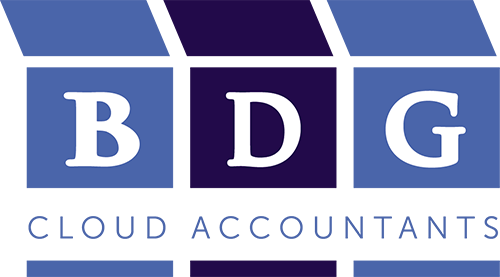Why Small Businesses Should Be Highly Concerned with Fraud
WHY SMALL BUSINESSES SHOULD BE HIGHLY CONCERNED WITH FRAUD

Photo by: David Goehring
Criminals are smart. They have hit the jackpot when it comes to targeting the perfect victims to steal from – small business owners. So why would Joe criminal want to run away with money from a small business such as an innocent mom and pap ice-cream store? The key is small business owners (especially new ones) are relatively innocent. They don’t feel their company has enough value that would make anyone want to steal from them, so they are easy targets.
Shocking statistics from the 2014 Report to the Nations by the Association of Certified Fraud Examiners (ACFE) found small businesses were significantly vulnerable to occupational fraud as they were victimised the greatest percentage of the time and found to be under-protected by anti-fraud controls.
FRAUD AWARENESS
One of the biggest reasons for small businesses to overlook fraud as a real business concern is lack of awareness towards fraud.
Some glaring stats from the ACFE report:
- On average, 5% of gross revenues are lost each year due to fraud
- Fraud schemes last 18 months on average
- In over 50% of the cases, there were no recovery of losses and only 14% of cases made a full recovery
The report also found that small businesses faced different types of fraud risks compared to large businesses. Small businesses were more commonly affected by cheque tampering schemes (e.g. altering a cheque or forging a signature), payroll schemes (e.g. fictitious employees or false overtime claims) and cash larceny schemes (e.g. stolen cash before it can be deposited).
THE FRAUDSTER – WHO ARE THE PERPETRATORS
Fraud can be committed from inside and outside of a small business, however it’s inside fraud that is the most intriguing. You may assume it is committed by new employees or employees you don’t know very well, however it is commonly the people you wouldn’t suspect who are stealing from you. They could be relatives, close friends, or trusted managers who have been working with you for years. In fact, ACFE found losses were found to rise with the level of responsibility and authority an individual had within an organization.
You may be wondering what attributes or behavioral traits are red flags when an employee is committing fraud. Typically 52% of perpetrators were between the ages of 31 – 45 and two-thirds of all fraudsters were male. And most surprisingly, the majority had no fraud related criminal history, more than 50% of perpetrators had tenure over 6 years and they were highly educated with most having post secondary education.
The report also found that the occupational fraudster exhibited certain behavioural traits such as living beyond their means, financial difficulties, unusually close relationship with clients/vendors/customers, control issues, unwillingness to share duties and divorce/family problems.
A rule that is commonly referred to by fraud experts is the 10-10-80 Rule. 10% of employees will never steal, 10% of employees will always steal and 80% of employees will go either way depending on how they rationalize the opportunity at hand. It’s that 80% that you have to work to deter.
FRAUD PREVENTION AND DETECTION
Most small businesses do not have the money to invest in sophisticated anti-fraud controls or the manpower to enforce them. However, there are some low-cost preventative measures that small businesses can take including establishing:
- A code of conduct
- An anti-fraud policy
- Appropriate management review procedures
- Anti-fraud training programs
Other measures that are slightly more costly include video surveillance and fidelity insurance. The AFCE reports that tips are consistently and by far the most common detection method they have come across. Furthermore, employees were responsible for more than half of the tips that led to the discovery of the fraud.
So how does a small business encourage tips while remaining anonymous? There are third party services available, which establish anonymous hotlines for organizations saving thousands in potential losses for as little as a $1 per day.

